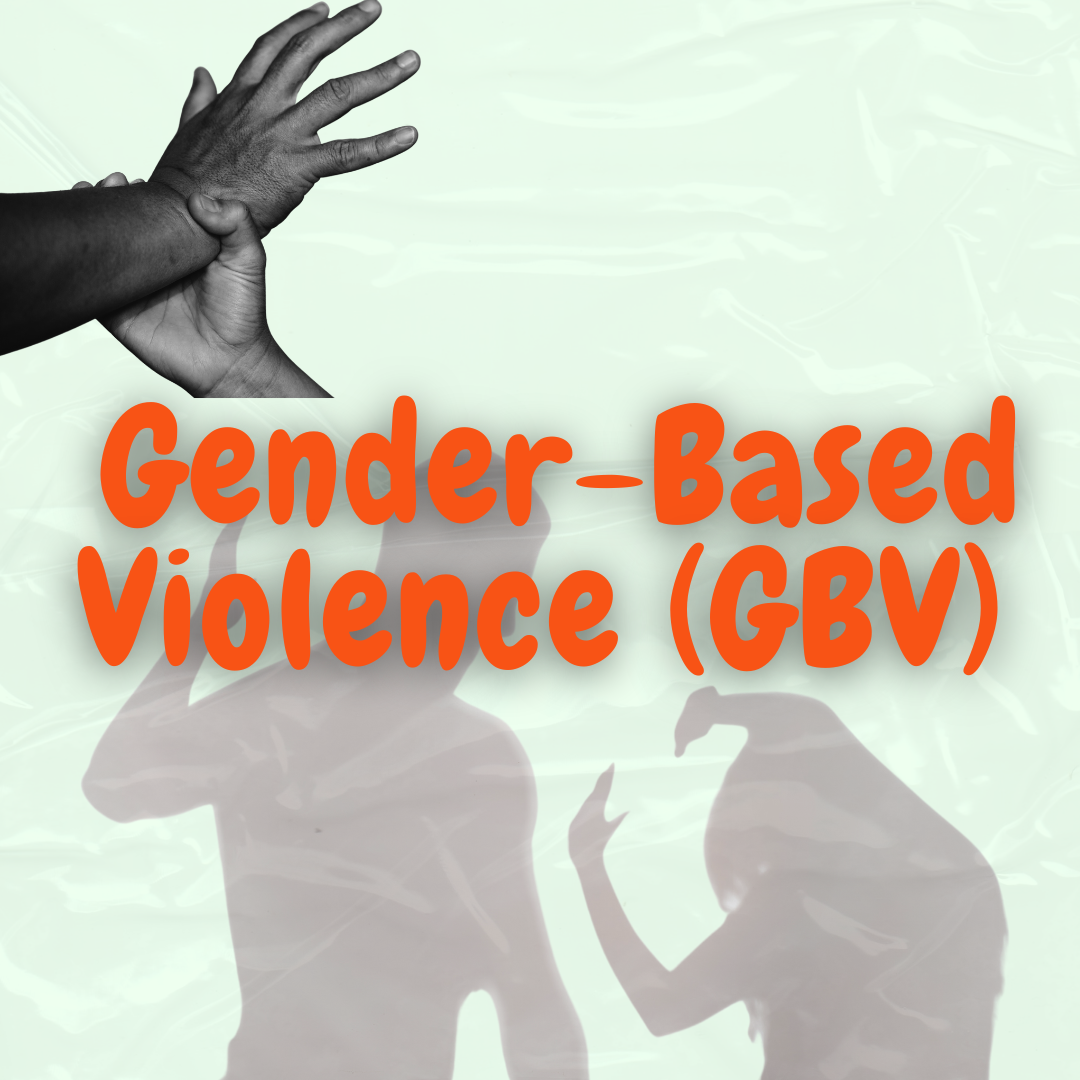
FAQs About Gender-Based Violence (GBV) in Uganda
What is gender-based violence (GBV)?
Gender-based violence (GBV) refers to harmful acts directed at an individual based on their gender. It encompasses physical, sexual, emotional, and psychological abuse, often perpetuated by power imbalances and societal norms.
Who can be affected by GBV in Uganda?
GBV can impact anyone, but it disproportionately affects women, girls, and marginalized communities, including LGBTQIA+ individuals, refugees, and people with disabilities, in Uganda. Discriminatory laws and cultural norms exacerbate the risks faced by these groups.
What are the types of GBV?
GBV includes various forms of violence, such as physical assault, sexual abuse, intimate partner violence, child marriage, and harmful traditional practices like female genital mutilation and bride price-related violence.
How does GBV affect individuals in Uganda?
GBV can have severe physical, emotional, and psychological impacts on individuals, including trauma, injuries, depression, anxiety, and in extreme cases, death. It also perpetuates cycles of poverty and inequality within communities.
What are the signs of GBV?
Signs of GBV may include physical injuries, emotional distress, social isolation, changes in behavior, and reluctance to seek help due to fear or stigma.
How can individuals in Uganda seek help if experiencing GBV?
- Reach out to support services: Contact local organizations, helplines, or shelters that provide counseling, legal assistance, and refuge for GBV survivors.
- Access healthcare services: Seek medical care at hospitals or clinics equipped to provide confidential and compassionate care for GBV survivors.
- Report incidents to authorities: Report GBV incidents to law enforcement officials or community leaders who are trained to handle such cases with sensitivity and respect.
What laws protect against GBV in Uganda?
Ugandan laws prohibit various forms of GBV, including domestic violence, sexual assault, and child abuse. However, implementation and enforcement of these laws remain a challenge, particularly in rural areas and among marginalized populations.
What can allies and supporters do to address GBV in Uganda?
- Raise awareness: Educate communities about the prevalence and impact of GBV and promote gender equality and respect for human rights.
- Provide support: Offer emotional support, resources, and referrals to GBV survivors, and advocate for survivor-centered services and policies.
- Challenge harmful norms: Challenge harmful gender stereotypes, cultural practices, and discriminatory laws that perpetuate GBV and inequality.
How can communities in Uganda prevent GBV?
- Promote education: Provide comprehensive sexuality education and life skills training to empower individuals to recognize and resist GBV.
- Strengthen support networks: Build community networks and support systems to provide safe spaces and social support for GBV survivors.
- Address root causes: Address underlying factors contributing to GBV, such as poverty, inequality, and gender discrimination, through holistic interventions and policy reforms.
What resources are available for GBV survivors in Uganda?
- Hotlines and helplines: Sauti 116 call centre, 0800199195 (Uganda Police)
- Shelters and safe spaces: Seek refuge and support at local shelters and safe spaces for GBV survivors.
- Legal aid organizations: Access legal assistance and representation from organizations specializing in GBV issues and human rights
- Legal Aid Project of the Law Society Uganda Law Society, Legal Aid Service Provider's Network, LASPNET
Where can I find more information about GBV in Uganda?
Explore resources from government agencies, non-governmental organizations (NGOs), and international organizations working to prevent GBV and support survivors in Uganda. Additionally, consult reputable websites and publications for accurate and up-to-date information on GBV prevention and response efforts.